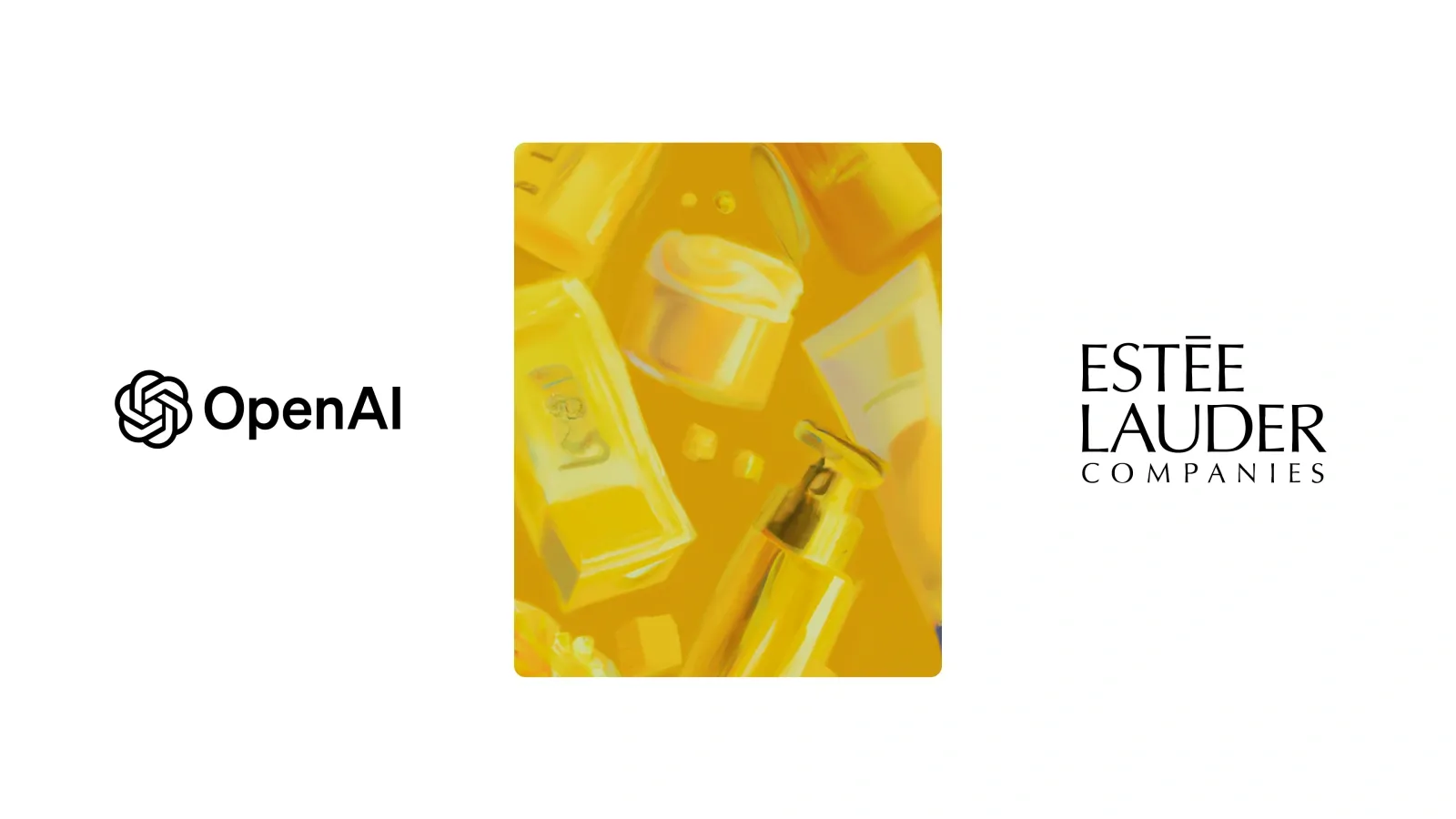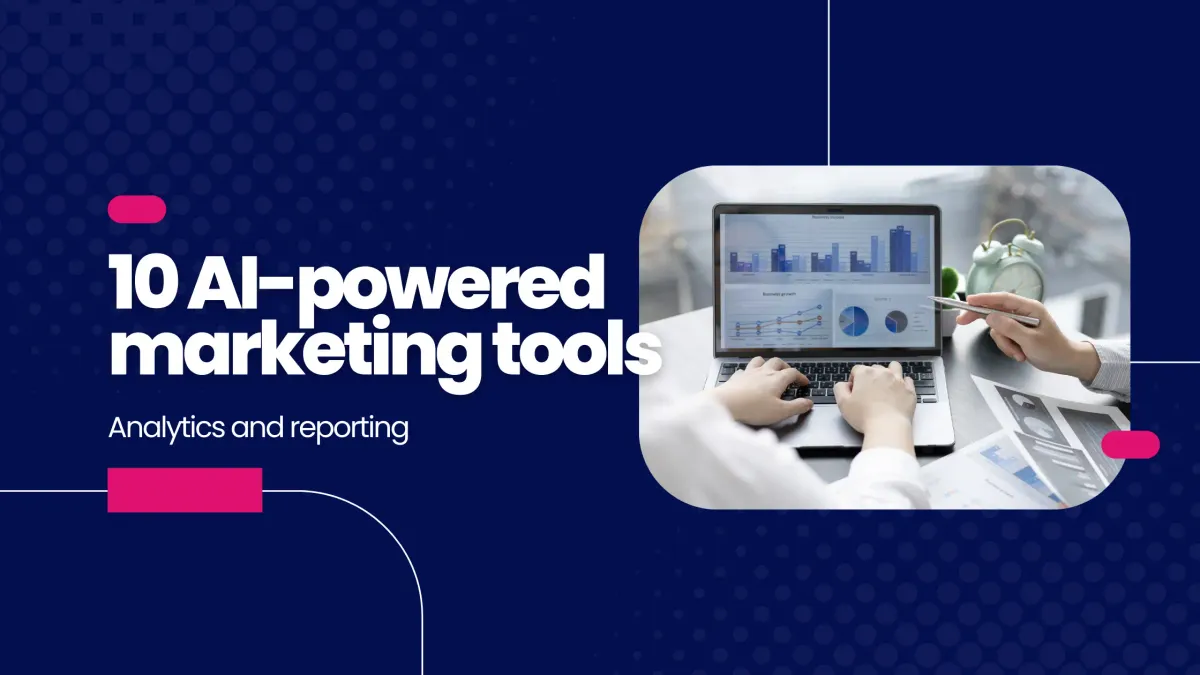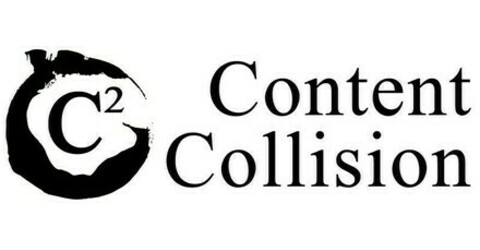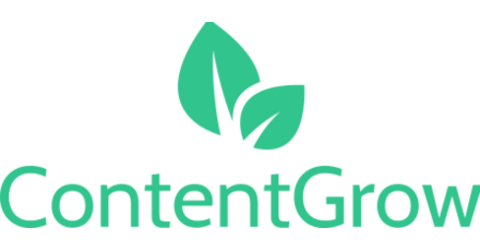Estée Lauder teams up with OpenAI to enhance consumer insights and product innovation
Estée Lauder is working with OpenAI to bring AI-driven insights to its beauty brands, improving everything from product development to marketing.

In this article, we are exploring the growing role of artificial intelligence in the beauty industry, a sector that’s blending AI technology with the creativity behind skincare, cosmetics, and fragrance.
One company at the forefront of this is Estée Lauder Companies (ELC) who has partnered with OpenAI to integrate artificial intelligence into its product development process across its portfolio of brands, which includes Estée Lauder, Clinique, La Mer, Bobbi Brown Cosmetics, and Aveda. This collaboration enables the company to use AI for data analysis, trend forecasting, and streamlining operations, allowing teams to work more efficiently and make better decisions aligned with consumer needs.
Estée Lauder Companies (ELC) is a global leader in the beauty industry, known for its wide range of skincare, makeup, fragrance, and hair care products. Founded in 1946, the company has built a reputation for premium products and innovative marketing, with a portfolio that includes some of the most recognized brands in the beauty world.
As part of this initiative, ELC has rolled out over 240 custom GPTs to help different teams across its brands. These AI tools provide quick access to key insights that help teams better understand consumer behavior and market trends.

One of the key applications is the Fragrance Insights GPT, which helps ELC’s fragrance team analyze consumer surveys to uncover fragrance preferences. Yuan Zhan, director of ELC’s fragrance foresight team, explains, “With the Fragrance GPT, we can ask complex questions in plain English, and it combs through the data instantly.”
Another important tool is the Clinical Trial Data GPT, which helps the team quickly extract valuable information from thousands of clinical trial reports. This tool allows them to assess skincare product effectiveness, such as how much a product improves skin hydration, without having to sift through massive amounts of data manually.
Additionally, the Copywriting GPT helps teams generate content for various marketing channels, and the Vendor Snapshot Creator GPT simplifies the process of understanding vendor relationships and performance. These tools save time and help employees focus on more creative and strategic tasks.
Alongside its partnership with OpenAI, Estée Lauder has also collaborated with Microsoft to establish an AI Innovation Lab. This lab is designed to help develop AI tools that will allow Estée Lauder to better understand local consumer preferences and speed up the creation of new products. Using Microsoft’s Azure OpenAI Service, the companies are building solutions that will enhance Estée Lauder’s ability to respond to market changes quickly and effectively.
“We’re excited to partner with OpenAI because we wanted an enterprise version of ChatGPT that would allow us to protect our most valuable asset, which is 75+ years of data,” says Jane Lauder, ELC’s chief data officer. “AI enables us to deliver high-quality products on a larger scale and faster.”

AI in the beauty industry
AI is increasingly shaping the beauty industry, helping brands enhance customer experiences, streamline operations, and create more personalized products. Leading beauty companies like L’Oréal, Shiseido, and Coty are embracing AI to improve everything from skincare recommendations and fragrance development to targeted marketing and product innovation.
L’Oréal
L’Oréal is also integrating AI into beauty with tools that personalize skincare and makeup recommendations. Through its acquisition of ModiFace in 2018, L’Oréal allows consumers to virtually try on products and receive real-time suggestions based on their skin type and concerns.
The company also uses AI to analyze social media and e-commerce feedback, gaining insights into product performance and trends. Additionally, L’Oréal’s AI Lab helps accelerate product development by predicting consumer preferences and analyzing scientific data to create more effective, personalized skincare formulas, reducing time-to-market and improving product relevance.
Shiseido
Shiseido is using AI to enhance skincare with tools like the Optune device, which provides personalized skincare recommendations based on real-time data, including skin condition and environmental factors such as humidity and UV exposure. The device adjusts its suggestions as skin changes, offering a truly customized experience.
Additionally, Shiseido employs deep learning algorithms to detect early signs of skin aging or damage, improving the accuracy of its diagnostics and treatments. AI also plays a key role in product development, helping Shiseido analyze scientific research and consumer feedback to create more effective and relevant skincare formulas, allowing the brand to quickly adapt to trends and meet market demands.
Coty
Coty is leveraging AI to enhance fragrance development and marketing by analyzing consumer data, including preferences and sensory profiles, to predict which ingredients will resonate with specific demographics. This helps the company create fragrances that better align with consumer tastes and improve product launch success. AI is also used in marketing to analyze customer behavior and sentiment, refining targeting and campaign strategies.
Additionally, Coty applies AI to optimize the online customer journey by recommending products based on browsing history and personalizing messaging, ultimately improving engagement and making marketing more relevant.
Implication for marketers
For marketers in the beauty industry, the adoption of AI tools is becoming essential for staying competitive. AI can help analyze consumer behavior, improve product development, and streamline marketing efforts. Estée Lauder’s use of custom GPTs is a clear example of how AI can make operations more efficient and data-driven.
Marketers should consider how AI can help them understand their target audience more deeply, create personalized campaigns, and enhance customer experiences. By using AI to gather insights, beauty brands can stay responsive to market changes and consumer preferences.
This post is created by ContentGrow, providing scalable and tailored content creation services for B2B brands and publishers worldwide. Book a discovery call to learn more.





